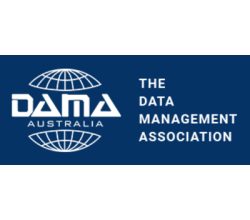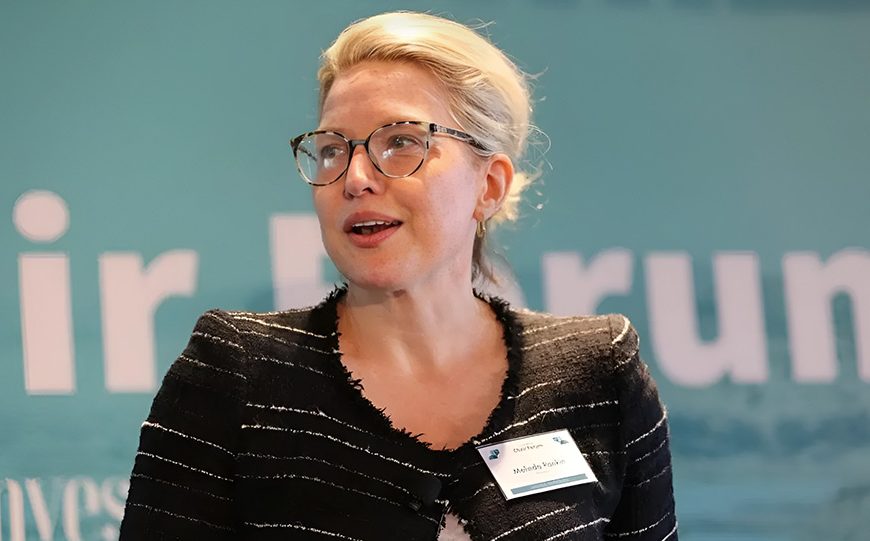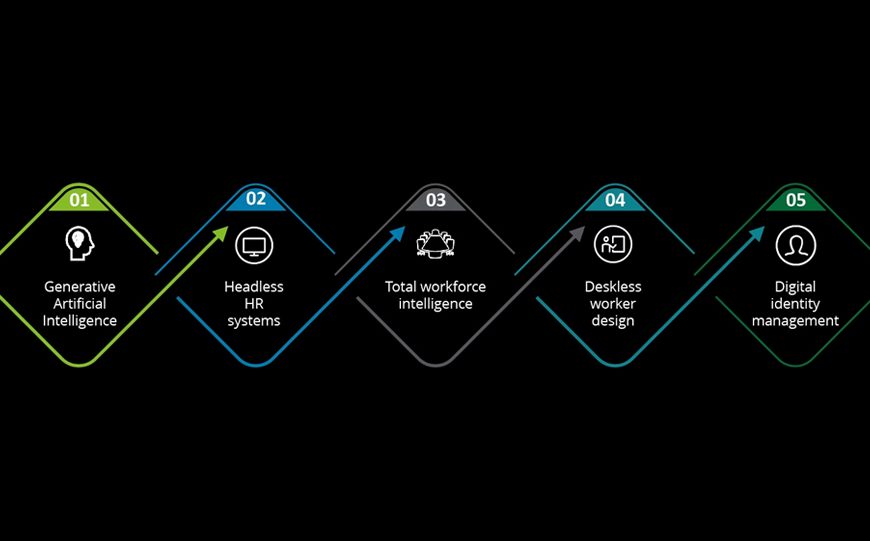CDOs will increasingly shape data-driven decision-making, balancing privacy and ethical considerations with the need for actionable insights. As data becomes more critical for public service delivery, CDOs will lead initiatives that leverage AI and big data analytics to improve efficiency, predict outcomes, and personalize services for citizens.
Three questions for the panellists:
1. How will CDOs collaborate more with policymakers to ensure data informs regulation, public safety, and socio-economic decisions?
2. How can we strengthen data protection and how will ethical AI use become central, as government systems handle larger and more sensitive datasets?
3. How can CDOs drive efforts to make government data more accessible and transparent, fostering public trust and enabling citizen-driven insights?
4. Additional elements on citizen-insights from our KOLs
CONFIRMED PANELLISTS:
DR SUSIE KLUTH
Chief Data Officer, Analysis, Data and Measurement Branch, Australian Government Department of Education
IMMA CHIPPENDALE
Former Executive Director, Data & Performance and Chief Data Officer, Department of Regional NSW
JENNY HUMPHRYS
Chief Data Officer, Department of Employment and Workplace Relations
NARELLE GRAYSON
Head of Data Governance and Policy,
Ramsay Health Care
10.30AM MORNING TEA




































































